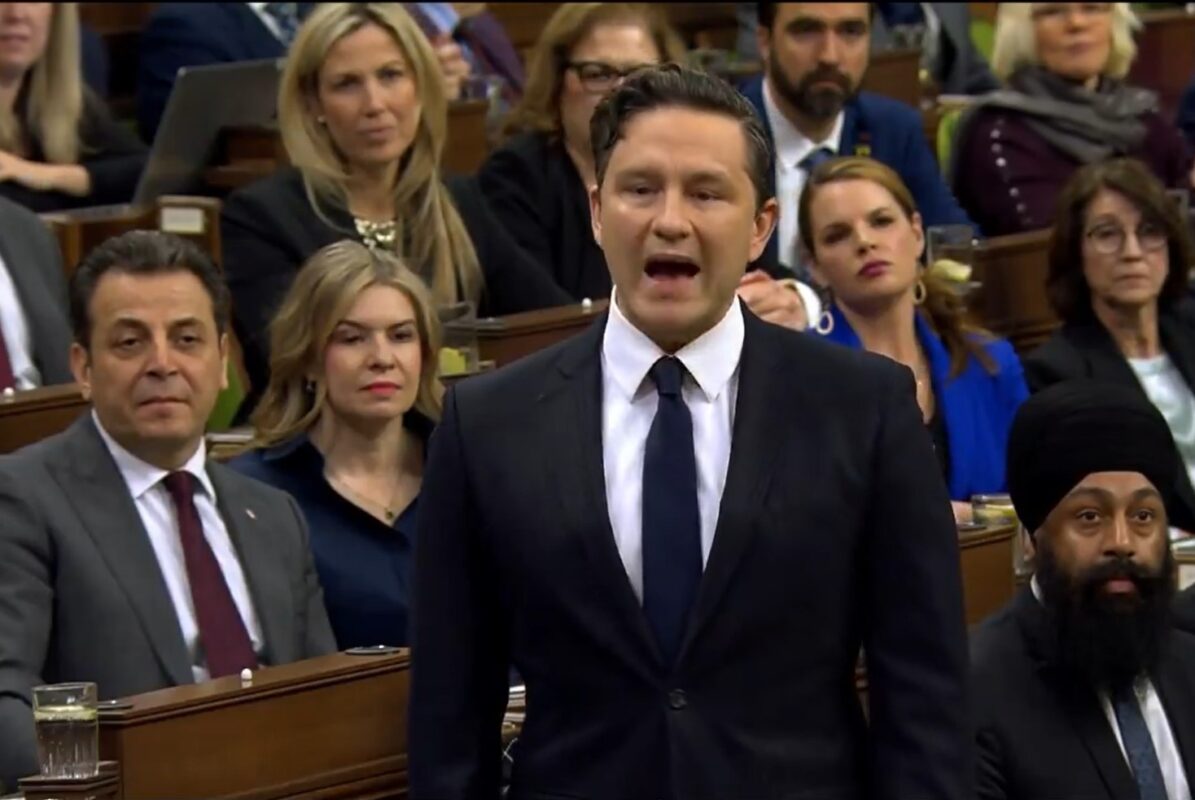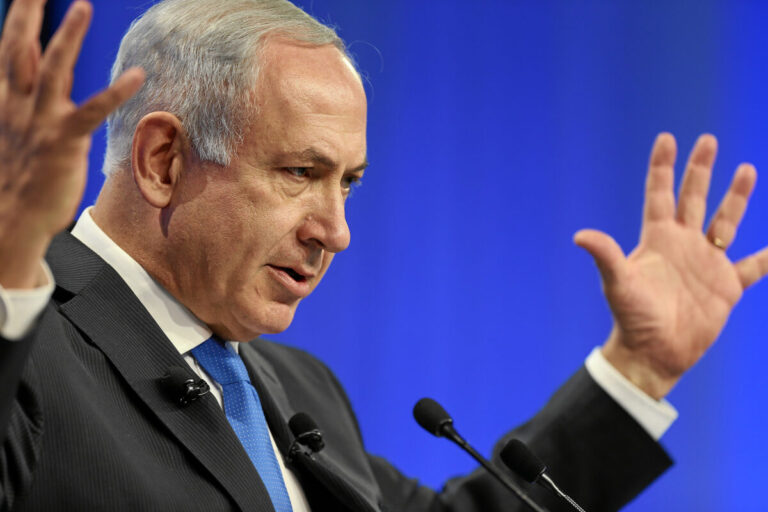In a heated exchange during a question period in the House of Commons, Canadian Conservative Leader Pierre Poilievre caused quite a stir when he referred to Prime Minister Justin Trudeau as a “wacko” and an “extremist.” This derogatory comment led to Poilievre being expelled from the House for the day by Speaker Greg Fergus. The incident highlights the ongoing tensions between the Conservative and Liberal parties in Canada’s political landscape.
During the question period, Poilievre criticized the government’s drug policy, describing it as a “wacko policy pushed by this wacko prime minister.” This remark was met with applause from his conservative colleagues. However, Speaker Fergus of the Liberal Party took exception to Poilievre’s choice of words and requested that he withdraw the comment, deeming it “unparliamentary language.”
Fergus stated, “There are a couple of things that are going on here today that are not acceptable. And I ask all members, please, to control themselves.” He then specifically addressed Poilievre, asking him to withdraw the term. Poilievre initially suggested replacing “wacko” with “extremist,” but Fergus did not accept the substitution, insisting that Poilievre simply withdraw the comment.
The Conservative Leader persisted, stating, “I’ll replace it with radical,” to which Fergus reiterated his request for withdrawal. Poilievre finally relented and replaced “wacko” with “extremist.” However, Fergus continued to press Poilievre to withdraw the comment entirely. When Poilievre refused, Fergus made the decision to expel him from the House for the remainder of the day, citing his disregard for the authority of the chair.
Following Poilievre’s expulsion, the entire Conservative Party caucus, in a show of solidarity, also left the House of Commons. CBC reported that Poilievre took to social media to express his dissatisfaction, once again referring to Trudeau as a “wacko” prime minister. He criticized the Liberal speaker for censoring him and highlighted the consequences of the government’s drug policy, such as overdose deaths, unsafe environments for children, and concerns among healthcare professionals.
Earlier in the day, Trudeau had labeled Poilievre as “spineless” and accused him of pandering to “white nationalists.” This exchange stems from a video showing Poilievre at a Canadian protest camp where an image of a group considered to be an extremist organization was displayed. Poilievre retaliated by referring to Trudeau’s past blackface scandal, emphasizing his condemnation of extremism and racism.
The tension between the Conservative and Liberal parties continued to escalate when Conservative Rachael Thomas was also expelled from the House of Commons after accusing Speaker Fergus of acting in a “disgraceful manner.”
This incident is not an isolated event but rather a reflection of the ongoing political sparring between the Conservative and Liberal parties in Canada. These clashes often involve personal attacks and name-calling, as politicians aim to discredit their opponents and gain public support.
Trudeau’s accusation that Poilievre is “pandering” to “white nationalists” is just one example of the rhetoric used in political discourse. This type of language, while intended to delegitimize and discredit opponents, can further polarize an already divided electorate.
The incident involving Poilievre’s expulsion raises questions about the role of parliament and the expectations placed on its members. While freedom of speech is a fundamental right, it is also essential to maintain decorum and respect within the parliamentary setting.
The Speaker of the House of Commons plays a crucial role in maintaining order and ensuring that debates are conducted in a civil manner. By enforcing parliamentary rules and asking members to withdraw inappropriate comments, the Speaker aims to foster a productive and respectful environment.
Incidents like the one involving Poilievre’s expulsion can have a significant impact on public perception of politicians and the political process as a whole. The use of derogatory language and personal attacks can erode trust in elected officials and contribute to a sense of disillusionment among voters.
Furthermore, public focus on personal attacks and name-calling can detract from substantive policy debates and hinder progress on important issues. Instead of engaging in meaningful discussions about the government’s drug policy or other pressing matters, attention is diverted to sensationalist and inflammatory remarks.
Civil discourse is crucial for a healthy democracy. It allows for the exchange of diverse ideas and perspectives, fostering an environment where meaningful dialogue and compromise can occur. When politicians resort to personal attacks and derogatory language, the quality of public discourse suffers, and the democratic process is undermined.
Political leaders have a responsibility to set a positive example and engage in respectful and substantive discussions. By focusing on the issues at hand and presenting well-reasoned arguments, politicians can inspire trust and encourage public engagement in the political process.




Leave a Comment